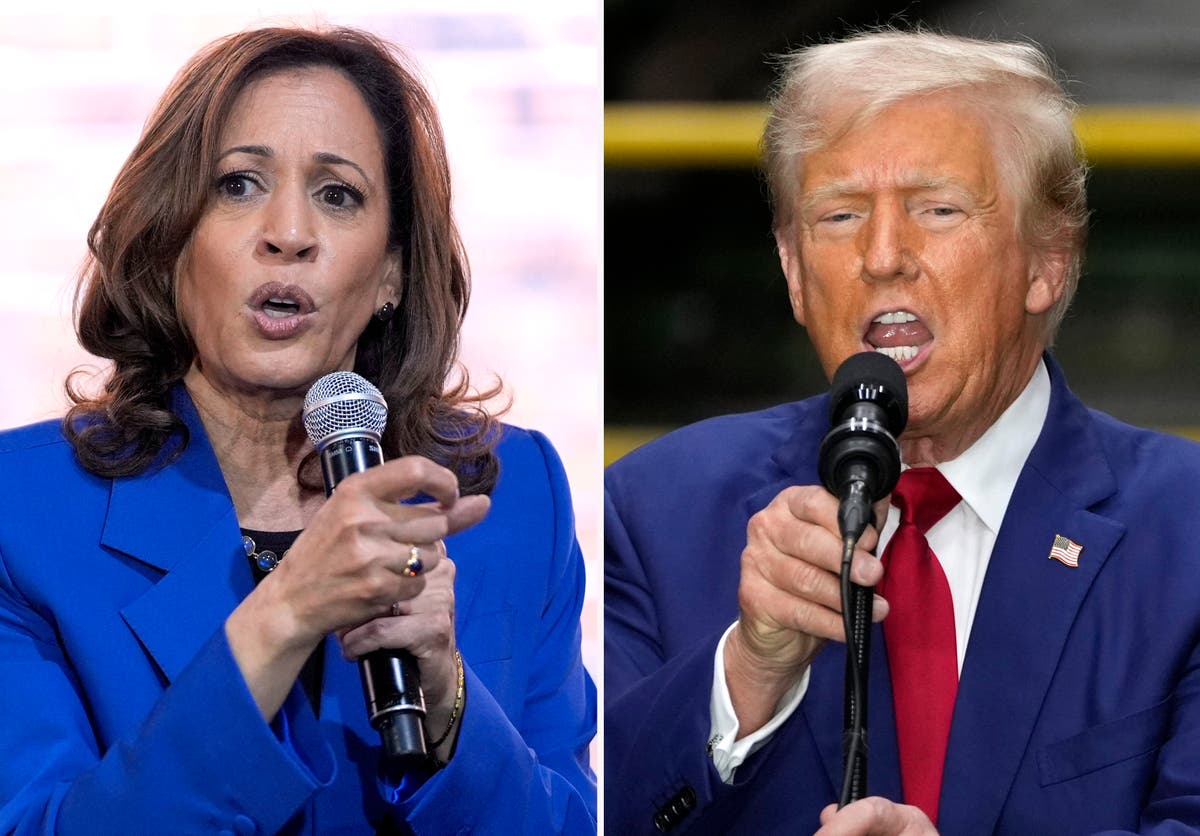Kamala Harris Calls Out Fox News for Misrepresenting Trump: A Tense Exchange
In a recent interview with Fox News anchor Bret Baier, Vice President Kamala Harris confronted what she described as a deliberate misrepresentation of facts regarding former President Donald Trump. This exchange has sparked significant discussion about media bias, the role of news outlets in shaping public perception, and the ongoing political battle leading up to the 2024 elections.
The Interview: A Clash of Perspectives
During the interview, Harris was pressed on various topics, including illegal immigration, the Biden administration’s policies, and the perceived threat posed by Trump. The tension was palpable as Harris challenged Baier’s framing of the questions, accusing Fox News of promoting narratives that distort the truth about the current administration’s efforts and Trump’s actions during his presidency.
Harris’s remarks were particularly pointed when she addressed the portrayal of Trump in the media. She argued that Fox News, in its coverage, often fails to provide a balanced view, instead opting for sensationalism that can mislead viewers. This assertion aligns with a broader critique of media outlets that are accused of favoring certain political narratives over factual reporting.
Trump’s Reaction: Gloating and Criticism
In response to Harris’s interview, Trump took to his social media platform, Truth Social, to gloat about the Vice President’s performance. He labeled her as "totally incompetent" and claimed that she could barely discuss any topic without referencing him. Trump’s comments reflect his ongoing strategy of framing himself as a central figure in the political discourse, regardless of the context.
Moreover, Trump praised Baier for conducting what he deemed a "great job" during the interview, highlighting the complex relationship he has with Fox News. Despite his criticisms of the network in the past, he seems to appreciate moments when he feels his viewpoints are represented favorably.
The Broader Context: Media and Political Dynamics
The exchange between Harris and Baier is emblematic of the larger media landscape in which political figures operate. As the 2024 elections approach, the stakes are higher than ever, and both parties are acutely aware of the power of media narratives in shaping public opinion. Harris’s call-out of Fox News underscores a growing concern among Democrats about the influence of conservative media on voter perceptions.
This situation is further complicated by Trump’s own tumultuous relationship with Fox News. While he has often relied on the network to amplify his messages, he has also criticized it for featuring voices that oppose him. His recent comments suggest a continued frustration with the network’s coverage, particularly when it includes perspectives that challenge his narrative.
The Implications for Voters
As voters prepare for the upcoming election, the interplay between media representation and political messaging will be crucial. Harris’s confrontation with Fox News serves as a reminder of the importance of critically evaluating the information presented by news outlets. In an era where misinformation can spread rapidly, discerning fact from fiction is more important than ever.
Moreover, the dynamics between political figures and media outlets will likely continue to evolve as the election draws nearer. Candidates will need to navigate these relationships carefully, balancing the need for media exposure with the potential pitfalls of misrepresentation.
Conclusion: A Call for Accountability
Kamala Harris’s recent remarks about Fox News highlight a critical issue in contemporary politics: the responsibility of media outlets to provide accurate and balanced reporting. As the political landscape becomes increasingly polarized, the need for accountability in journalism is paramount. Voters deserve to receive information that is not only accurate but also contextualized within the broader narrative of American democracy.
As the 2024 election approaches, the dialogue surrounding media representation will undoubtedly intensify. Harris’s bold stance against Fox News may resonate with many who share concerns about media bias, prompting a larger conversation about the role of journalism in shaping the political discourse. In this charged environment, the quest for truth remains a vital pursuit for both voters and the media alike.
